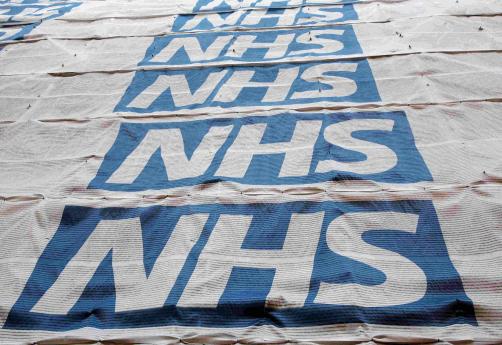
Cost of diabetes treatment soars in England
pharmafile | August 13, 2014 | News story | Medical Communications, Research and Development, Sales and Marketing | Lantus, NHS, Sanofi, diabetes
The NHS spent more than £2.2 million on average every day over the last financial year on diabetes medicines, according to new figures just released.
Today’s ‘Prescribing for Diabetes’ report from the Health and Social Care Information Centre (HSCIC) shows the net ingredient cost (or NIC) for managing diabetes was £803.1 million in 2013-14.
This is a 5.1% increase from £764.1 million in 2012-13 (£2.1 million per day on average) and a 56.3% increase on £513.9 million in 2005-06 (£1.4 million per day on average), it says.
This now means that almost 10% of the total primary care drugs bill (medicines prescribed by GPs) was spent on managing diabetes, and also shows a continuous annual rise from this being 6.6% of the total bill in 2005-06.
Insulin and antidiabetics
Breaking these numbers down, the HSCIC found that during the past financial year there were 6.5 million insulin treatments prescribed in England, costing the NHS in England £328.3 million.
Compared with the previous financial year this was an increase of 4% in the number of items from 6.2 million, and a 2.6% increase in net ingredient cost from £320 million.
Human analogue insulin, such as Sanofi’s major blockbuster Lantus and Novo Nordisk’s new long-acting Tresiba, were the most commonly prescribed form of insulin, both of which have been edging up the overall costs for treating diabetes.
Looking at the new range of antidiabetic drugs for type 2 patients, the HSCIC’s report found that seven out of ten diabetes prescription items were for antidiabetic drugs (70.3% or 31.7 million items).
These include Novo’s Victoza (liraglutide), AstraZeneca’s Onglyza (saxagliptin) as well as older off-patient drugs such as metformin and sulphonylurea.
This is a 6.9% increase on 29.7 million items in 2012-13, and almost double the figure in 2005-06 (16.1 million items).
Diagnostic and monitoring devices made up the remainder of diabetes items prescribed, and the majority of these were blood glucose testing strips.
Costs of all three categories of diabetes drugs have increased from 2005-06, but in particular with insulin items where the rise in spending was 11.6% higher than the rise in items prescribed.
HSCIC Chair Kingsley Manning says: “[This] report brings to light the rising costs for managing diabetes in primary care.
“Diabetes continues to be one of the most prevalent life-threatening conditions in England and now accounts for almost 10% of the drugs bill. Our latest data highlights the growing implications to the NHS and patients of managing this condition.”
Growing rates
According to the HSCIC there were a recorded 2.7 million diabetes patients in England in 2013, up from 2.2 million in 2008. This is in line with a larger global trend that has seen a growing middle class, coupled with a more sedentary lifestyle and sugar-laden diet, becoming more susceptible to the disease.
Pharma has been quick to cash in on new treatments for diabetes with Novo Nordisk, Sanofi, Lilly and AstraZeneca all having major blockbuster drugs on the market for the condition.
A number of medical bodies and journals such as the BMJ have questioned the need for so many treatments – and their high cost – a disease which can be controlled at an early stage by a healthy diet and regular exercise.
In fact in 2011, the BMJ made the claim that NHS had ‘wasted’ £625 million on modern insulin since 2000.
Its report said that this figure is what had been spent on synthetic forms of insulin such as Lantus, when the recommended human alternatives – which are considerably cheaper – would have probably been just as effective.
Many also argue that more money should be spent on public health messages, as well as having a more direct political intervention in food regulation, such as the a ‘sugar tax’ on companies producing food with a high sugar content.
Ben Adams
Related Content

A community-first future: which pathways will get us there?
In the final Gateway to Local Adoption article of 2025, Visions4Health caught up with Julian …

The Pharma Files: with Dr Ewen Cameron, Chief Executive of West Suffolk NHS Foundation Trust
Pharmafile chats with Dr Ewen Cameron, Chief Executive of West Suffolk NHS Foundation Trust, about …

Is this an Oppenheimer moment for the life sciences industry?
By Sabina Syed, Managing Director at Visions4Health In the history of science, few initiatives demonstrate …






